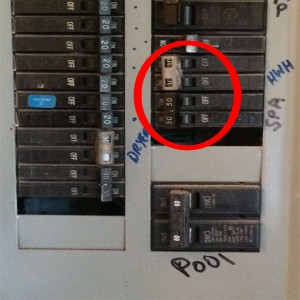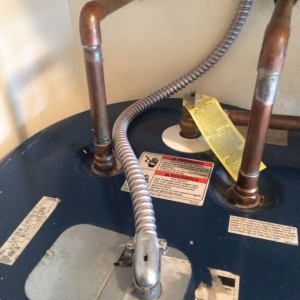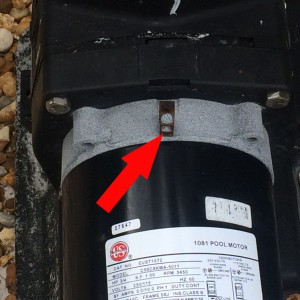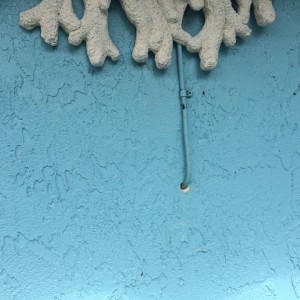HOME IMPROVEMENT: DON’T ASSUME AN “A” RATING MEANS A BUSINESS IS REPUTABLE
TWO MONTHS LATER – ANOTHER TRUE STORY ABOUT THE BETTER BUSINESS BUREAU RATING
Back in October, I told you about the CNN Money article:
Slammed by the government, A-rated by the Better Business Bureau
It was a warning to all people who believe that an “A” rating from the Better Business Bureau means a company is reputable.
LOCAL WINDOW COMPANY, BASED IN PALM BEACH GARDENS HAS AN “A” RATING BUT…
According to the Palm Beach Post “exclusive,”
Consumers have filed complaints with the Better Business Bureau, the Florida Attorney General’s Office and the Florida Department of Business and Professional Regulation, the agency charged with regulating and licensing contractors.
This month, DBPR filed an administrative complaint against Scott Berman, the company’s owner, alleging that he violated a provision of a state statute in a contract for an installation at a house in Jupiter’s Abacoa.
The BBB has given the company an “A” rating.
COMPANY CHANGED NAMES AND SHUT DOWN OLD COMPANY
According to the article: in 2009, the Florida Attorney General’s Office shut down… Florida Window, over allegations the business violated state consumer laws. The company paid $118,000 in consumer restitution and $10,000 to Seniors vs. Crime. That same year, [the owner] established Northfield Holding Corp. doing business as Florida Window & Door.
Now, six years later, that company faces a slew of very similar complaints, some of which are being aired via social media. Customers have created a Facebook page, “Florida-Window-and-Door-is-a-Rip-Off.” The page states, “We are here to shed light on the deceptive practices and shoddy work this company performs.” There is also a You Tube video one customer has posted, which describes his experience.
HOW CAN YOU PROTECT YOURSELF?
Unfortunately, the Better Business Bureau, which most people see as a watch dog really isn’t. An “A” rating just means that the Better Business Bureau believes that a company will resolve any problems customers encounter.
Do your due diligence. Read consumer complaints on the Better Business Bureau website. Search the company on the internet and on social media. Get and verify references. Talk to past clients.
Today, you have to almost be a detective and verify that a home improvement company is worthy of your business.
Knowledge is power!
For all of your home remodeling and inspection needs, contact your local certified “roomologist”, Leading Edge Homes. Inc. at 561-795-2551.
Want to see some of our work? Visit our website or view our online book.
Todd Perry, a State of Florida Certified Building Contractor and president of Leading Edge Homes, Inc., provided this information.
If you have questions about a home improvement project, call Leading Edge Homes at 561-795-2551 or email Todd at: todd@leadingedgehomes.com and he’ll be happy to share his knowledge with you.













